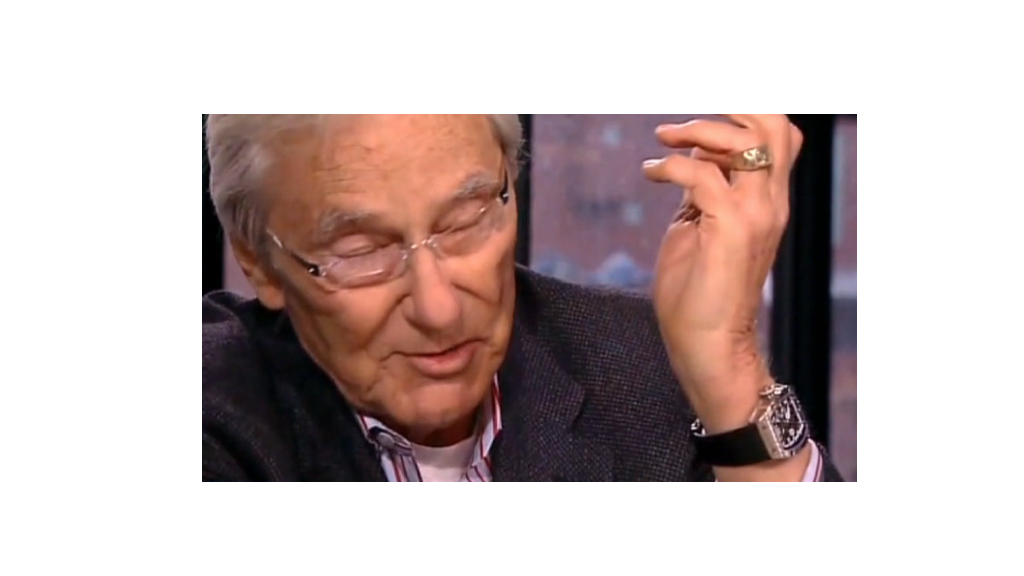
Tom Perkins says the rich are "threatened."
The tech venture capitalist initially compared the assault on the wealthy to a wave of Nazi attacks on Jews ahead of the Holocaust, in a letter this past weekend. He has since allowed that the comparison went too far, but he doesn't apologize for the overall message and his warning about anti-rich "radicalism."
The rich are under attack, says Perkins in a Bloomberg interview, by "higher taxes, higher regulation and so forth." He added: "We are beginning to engage in class warfare."
The sentiment is not new (and neither are the Hitler references).
First came Steve Schwarzman of the Blackstone Group in 2010. There had been a proposal to raise the tax rate on some big investors, and Schwarzman compared the idea to "Hitler invading Poland in 1939."
Former GE CEO Jack Welch has written about efforts to "demonize" business.
But here are some facts about how the rich are doing:
1) Income for the rich is way up.
Income for the top 1% grew an estimated 31.4% from 2009 to 2012. The bottom 99% saw a gain of 0.4%.
2) The stock market is way up
The Dow has roughly doubled since January 2009. The middle class benefit somewhat from the gains, but it's the rich that benefit the most.
3) Tax rates on the rich are not way up
The rich have undoubtedly been subject to a fair amount of tax hikes recently.
Households with income above $250,000 will pay a 0.9% surtax for Medicare, plus an additional 3.8% on at least some of their investment income. Some of their deductions have also been reduced.
Households making above $400,000 ($450,000 if married) now pay a top income tax rate of 39.6%, up from 35% under Bush, but the same as during the Clinton years.
Those same high earners have to pay 20% on dividends and capital gains, up from 15%.
Meanwhile, the exemption on the federal estate tax stands at a generous $5 million per person.
But the rich crying class warfare need to think about what could have been if the far left had their way:
Nationalizing the banks: If that had happened, JP Morgan CEO Jamie Dimon would not have just gotten a $20 million payday.
Dividends taxed at ordinary income rates: That would have meant a rate of 39.6%, which would have hit wealthy investors much harder than the current structure.
Higher carried interest tax rates for private equity investors: This is the tax Schwarzman was worried about. Some fees paid to investment managers are taxed as investments, but many think their fees are just ordinary income and should be taxed at the much higher income rates.
The "Buffett Rule:" That would have ensured that millionaires paid a minimum of 30% of their taxable income to the federal government. Fact is, even with the increase in the top tax rate, most wealthy people pay an "effective rate" of far less.
One of the things the Super Rich complain about is the harsh language directed toward them. But while Obama referred to "fat cat" bankers on 60 minutes back in 2009, in general, "he dares not offend," as David Remnick wrote in the New Yorker last week.


